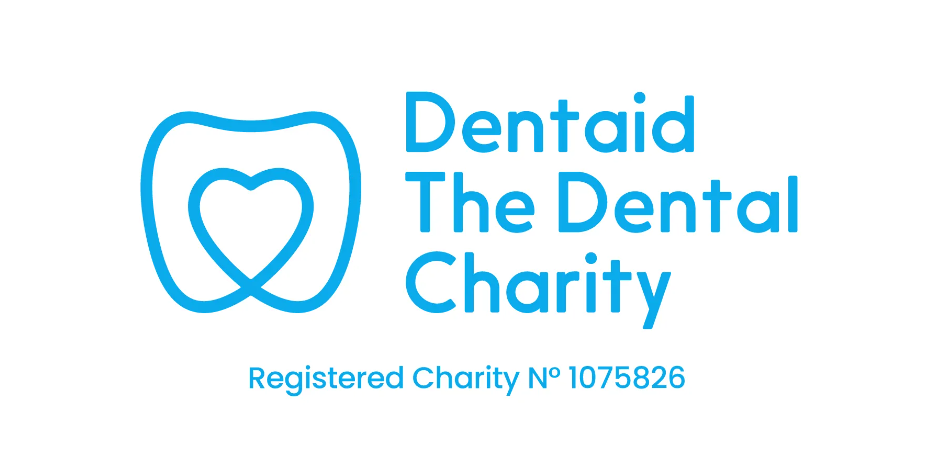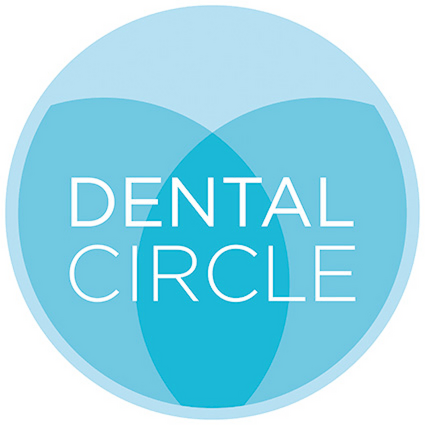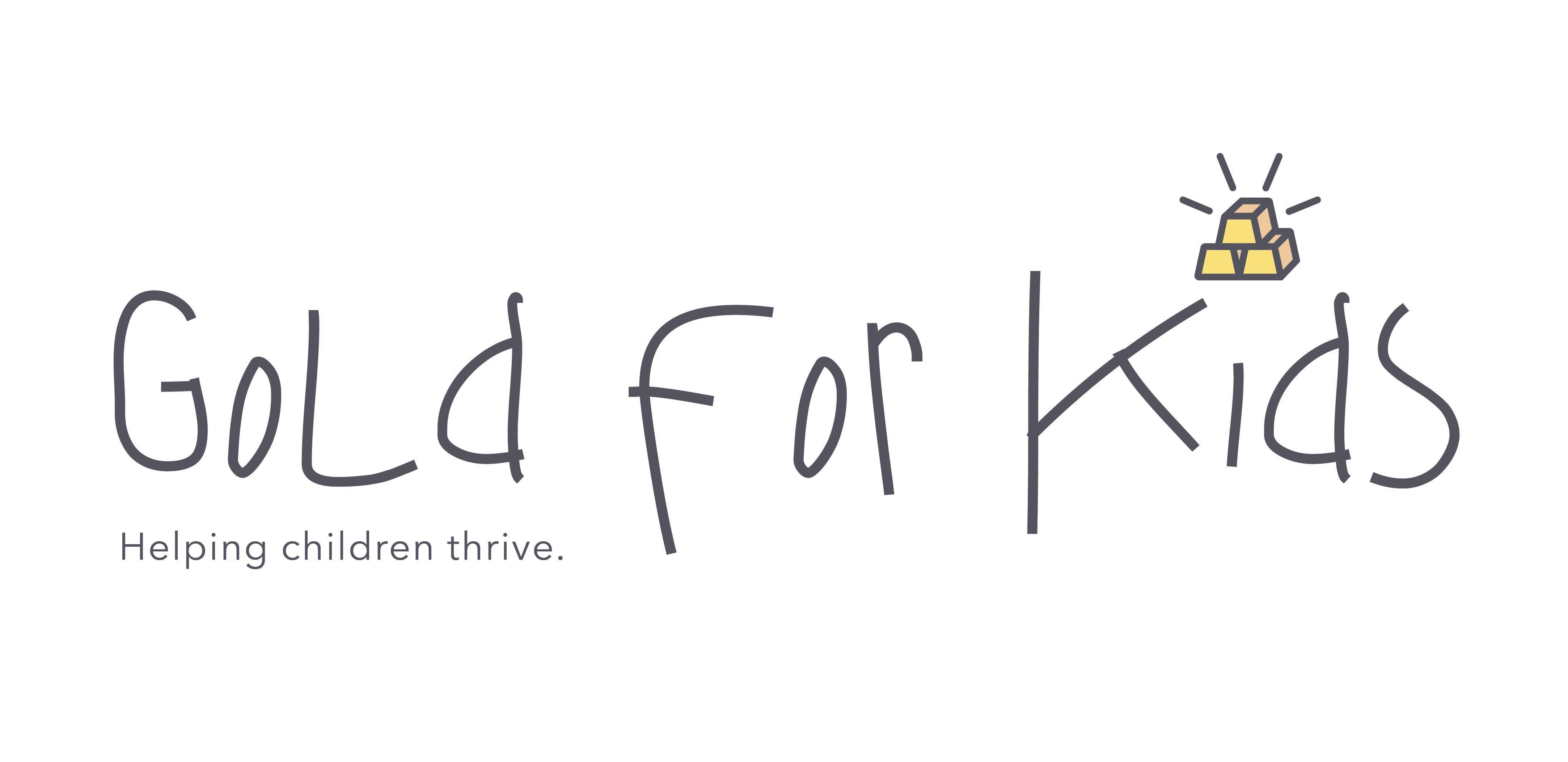Standing up for equality and taking action
)
“I was revolted by what I saw,” she says. “I cried at first, but I soon realised that we had to stop ignoring crimes like this and do something to stop them. That’s when a friend of mine gave me the idea to organise a peaceful protest in my local area. I had no idea how it would be received, expecting maybe a couple of hundred people.
“On the day, I was stunned to see thousands of people who came to listen to the invited speakers. The speakers were community activists who aimed to raise awareness and share their knowledge of how we could better achieve equality. We held a 9-minute silence together in memory of George Floyd and other victims of racial crimes in the UK and around the world. There was also an open mic so others could share their stories. It was a really good but emotional day. It was also totally peaceful – there was no confrontation and everyone was mindful of the environment, taking their litter home. We also had the support of the local police department to ensure we were keeping everyone safe.
“It was about learning, listening and doing what we can to stop the same cycle from repeating. Many of the white young people and adults attending were surprised and touched to hear some of the experiences of the black community. Many didn’t realise how much people go through due to racism. We wanted to raise awareness and share knowledge and I think we achieved this in some way. There is a situation and we need to act on it if we are to change the mentality of our society and create a better world for the next generation.”
For those who may have questioned the appropriateness of protests given the current situation with COVID-19, Sheila makes clear that every precaution was taken:
“We held the event in a large park to ensure that 2-metre social distancing could be maintained, therefore protecting participants and their families. A local charity called Ipswich Community Support helped to raise over £600, which went towards purchasing masks, water and snacks for any protestors that needed them.”
Unfortunately, racism still exists in many forms and places around the UK. Sheila bravely shares her experiences of challenges in the dental workplace from the last 15 years as a dental nurse.
“I have worked in many practices as the only black dental nurse. In one of them in, particular, I was made to feel separate and like I didn’t fit in. If there was a problem with equipment or something went missing, I was the first person that people suspected. They were very prejudiced and made assumptions about me based on the colour of my skin. Many black dental nurses take on a lot more like this to keep their jobs, which can create a toxic working environment.”
In many situations, tackling the problem effectively means understanding where and how the problem started. As Sheila goes on to say, changing mentalities from the very beginning is key:
“I think it starts in the home. If people grow up listening to racist parents or grandparents – being told ‘don’t play with that black child’, ‘don’t have a relationship with a black person’, ‘stay away from black people because they rob’ – this is how the prejudice starts. They grow up thinking black people are bad. I have seen children as young as 5-years-old be told by their parents not to say hello back to my daughter when walking through the playground.
“We need to change the mentality from the start. If we tell our children to treat everyone the same and respect everyone as they want to be respected, they will know no different and take a completely different approach to people of different ethnicities to them. If no races are superior, no races are discriminated against. All we want is equality. To be treated equally and fairly, not judged on the colour of our skin.”
The current movement around the globe is about calling for change and taking action. So, what can be done in dentistry to create a better environment for black colleagues and those of all ethnicities?
“Judge everyone fairly, on the quality of their work, their professionalism and their skills,” says Sheila. “Give the same opportunities to black colleagues as you would to white colleagues.
“For dental professionals, it’s all about the mouth. With regards to racism, it’s time to use our mouths to speak up when something is rotten. Racism is an infection that keeps coming back, causing pain to everyone involved. As a dental nurse, I am used to removing decay or extracting teeth – in the same way, racism needs to be extracted from our society.
“It starts with education – educate everyone from young children to elderly family members. Treat everyone the same and change the mentality for generations to come so they don’t feel prejudice or discrimination.”
For anyone thinking about organising their own peaceful protest to raise awareness in their local community, Sheila offers some advice:
“Contact your local police department to let them know your ideas so they can help. They are not the enemy, the racists are, and they will help you ensure a safe event. It’s also good to contact local charities for support, as well as relevant community centres. Promote the event through any means possible – social media, posters, tell your friends and neighbours. I would also highly recommend delegating some of the organisational tasks. I did nearly everything myself and it was quite overwhelming!”
Despite her inspirational efforts and hard work, Sheila doesn’t plan on stopping at this. She is already planning her next project to further raise awareness and educate. Aside from working as a dental nurse with aspirations to become a dental hygienist, she is also a photographer. She hopes to create an exhibition designed to draw empathy and illustrate the injustice faced by black communities to reach more people and spread the word even further.
Sheila leaves us with a few final thoughts:
“Racism occurs in many countries, often America being the focus. However, it is very much a situation here in the UK too, although it may be more subtle. Racial discrimination exists in my local community so it’s crucial that we do something about it.
“I’m very proud of the Ipswich community because we really played our part. I asked for the protest to be peaceful and we all respected that. I would like to thank everyone for this. Our objectives for the day were achieved, but there is more work to be done in the long-term. We are making the first steps now, with many more to come.”







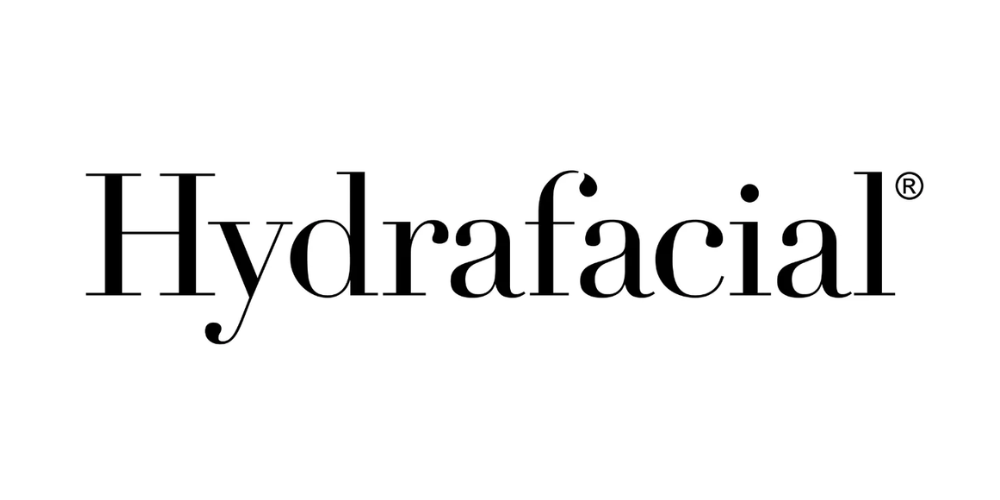
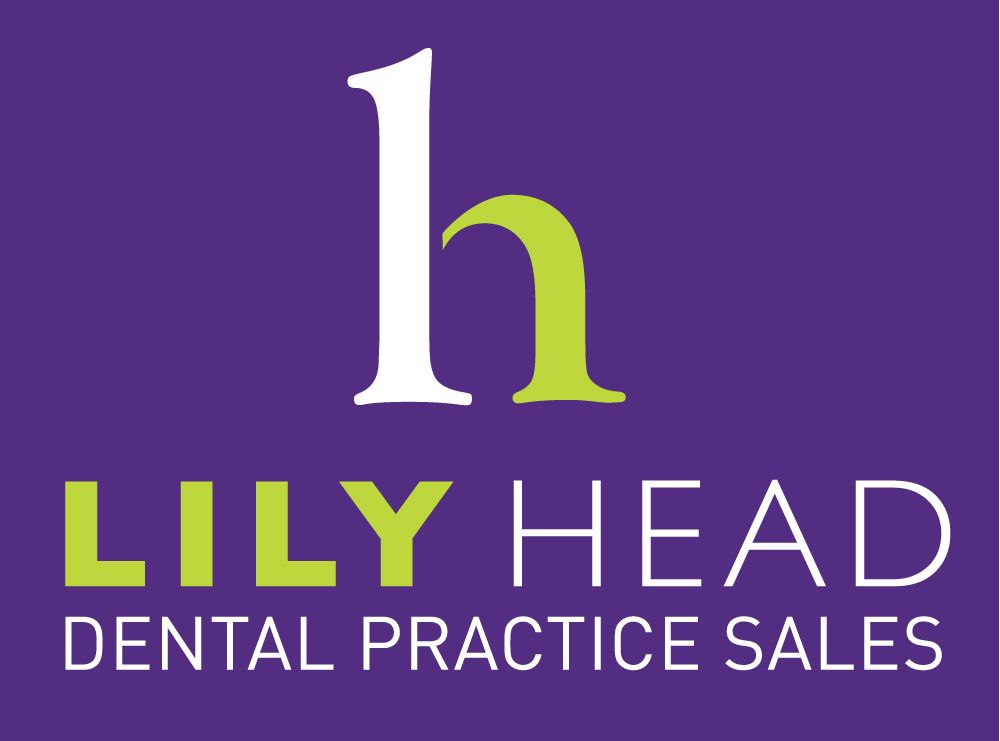












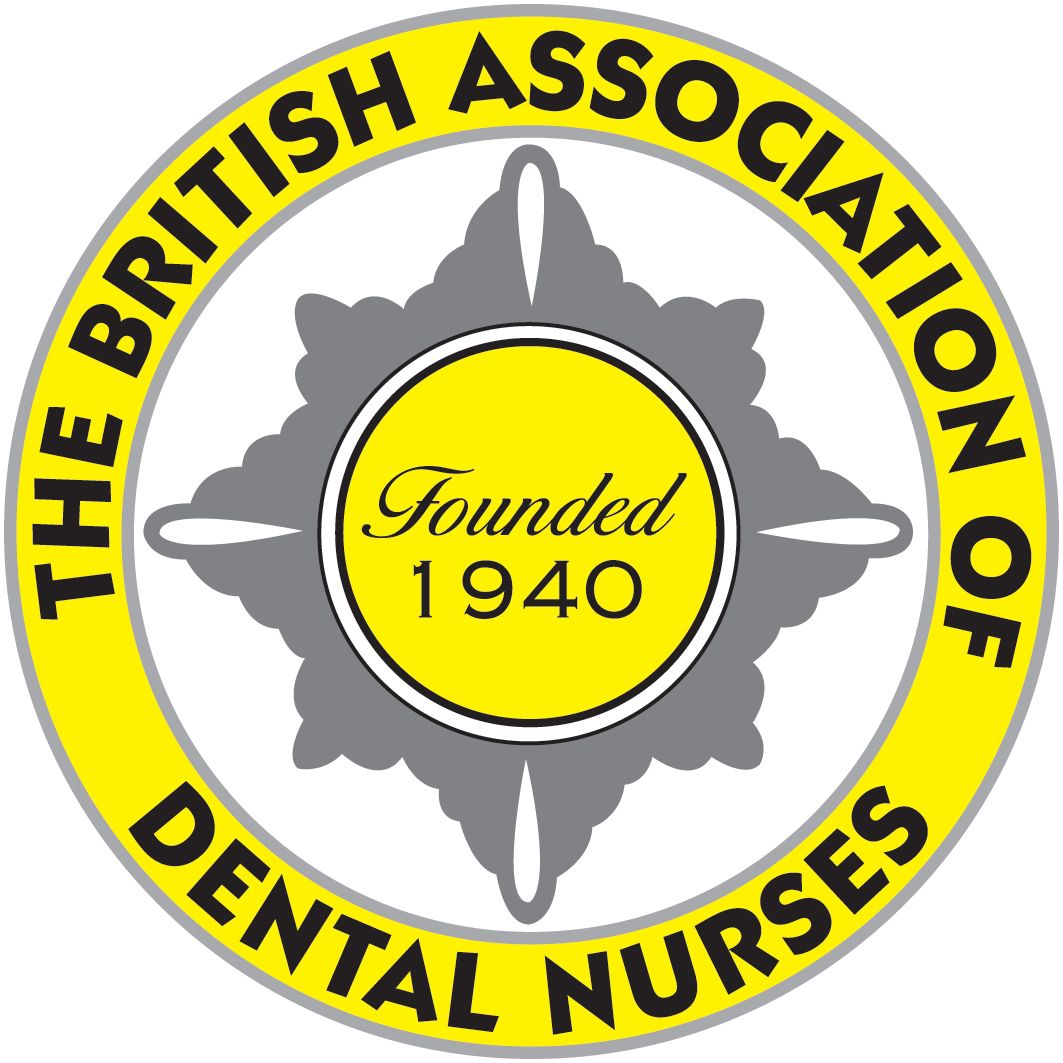
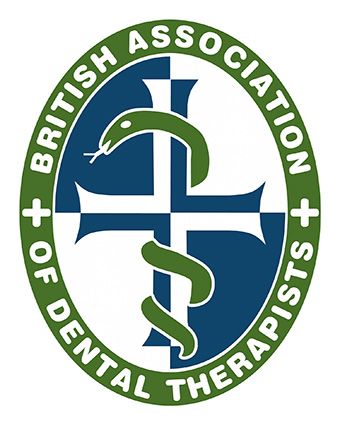
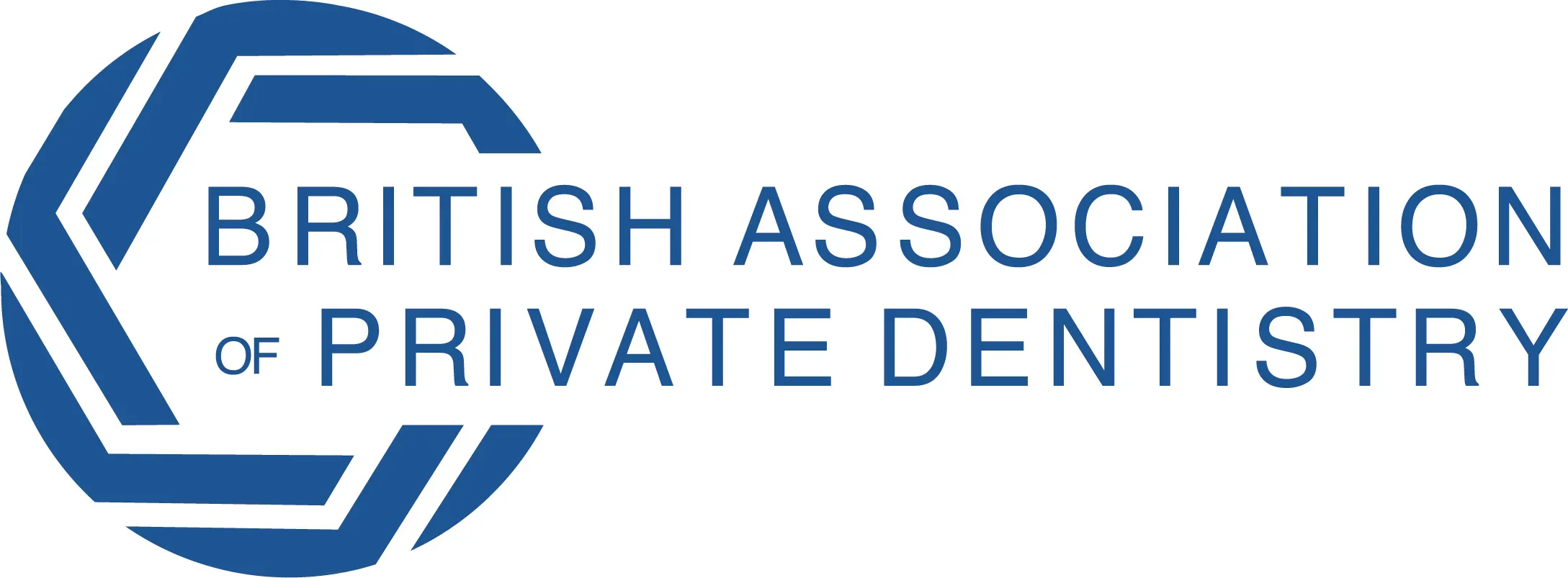





.png)
